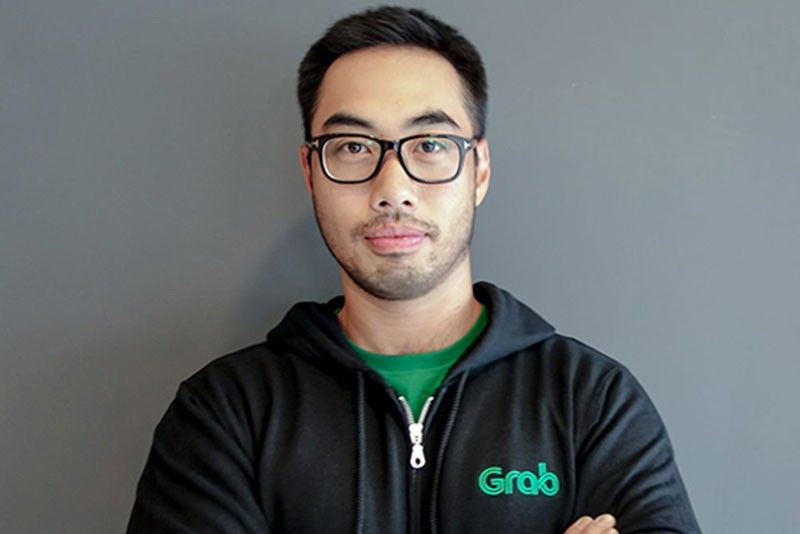‘Everyone should have access to safe, convenient transportation’

MANILA, Philippines - Technopreneur and young visionary Brian Cu reveals that transportation was not the primary reason they started Grab in the Philippines. “It was more of technology being applied to any industry. It took us a few thousand rides to realize we are a transport company.”
But when they did, Cu and his team of passionate individuals took to heart the company’s goals: to solve critical challenges in the transport sector and make it possible for everyone to have access to safe, reliable, and convenient mode of transportation.
According to Cu, transportation in the Philippines is very challenging for commuters because of safety and security concerns. “Many commuters are exposed to crimes on the streets while they are on their way to work or back home. Through Grab’s rigorous employment process for drivers, crimes will be reduced, and commuters can safely stay in the comfort of their homes or offices while they wait for their ride. Also, Grab’s fare transparency, which shows the fare that both the driver and the commuter agree upon, minimizes overcharging occurrences.”
Cu is the Philippine co-founder of Southeast Asia’s leading ride-hailing platform. As country head of Grab Philippines, he is tasked to lead the team in pioneering more commuting solutions by providing the safest transport platform, making transportation accessible to all, and improving the lives of its partners.
Before helping establish Grab in the Philippines, Cu also co-founded numerous start-ups in the region including Zalora Philippines and Go-Jek Indonesia.
“Being the country head of Grab Philippines isn’t always a smooth ride. It’s very challenging as you need to consider the government, the drivers, and how to market your product to the passengers. The challenge is to balance all those moving parts while making sure everything adheres to the mission of Grab,” shares Cu, who furthers that Grab allowed him to be more open, talking to different people from all walks of life. “I got to know peers, drivers, and passengers and that grounded me to what’s really happening out there. That’s the biggest benefit of this job.”
Cu, a Management Engineering graduate from the Ateneo de Manila University and who also studied Finance with a minor in Technopreneurship at the National University of Singapore, believes Filipinos need more options to go around the metro in the safest and most convenient way possible. In fact, the company has a Grab Drivers Academy where its more than 10,000 drivers in the Philippines are trained on road safety and life-saving skills. This is in partnership with the Red Cross and Honda Philippines. Grab drivers are also introduced to Grab’s Code of Conduct, which is a set of rules that they must live by to ensure an excellent experience for each passenger.
Forging its commitment to help improve the transportation sector, Grab Philippines also worked with the Department of Transportation (DOTr) and the World Bank on the OpenTraffic Initiative, which allows traffic management agencies and city planners to have access to real-time data so they can better manage traffic flows in Metro Manila.
“At Grab, we embrace progress and innovation. We welcome any kind of feedback from our partners and passengers as we know that it helps the company grow and improve,” muses Cu. “As for competition, we view it as a necessity. Competition keeps us on our toes and continuously pushes us to look for ways to improve our services. Nothing is ever stagnant in a fast-paced industry such as transportation.”
Since it was launched in the Philippines in 2012, Grab is now available in seven key cities, including Manila, Cebu, Davao, Iloilo, Bacolod, Baguio, and Cagayan de Oro.
“There are a lot of possibilities in this industry given that it’s a need – movement is something you do every day. I think transportation is an ever-evolving industry and we learn as we go along. No one is an expert. The Philippines wasn’t able to utilize city planning for Metro Manila and the learnings that we have today through Grab and through other platforms will allow proper city planning for other cities,” Cu says. Jerni May Camposano
- Latest



























